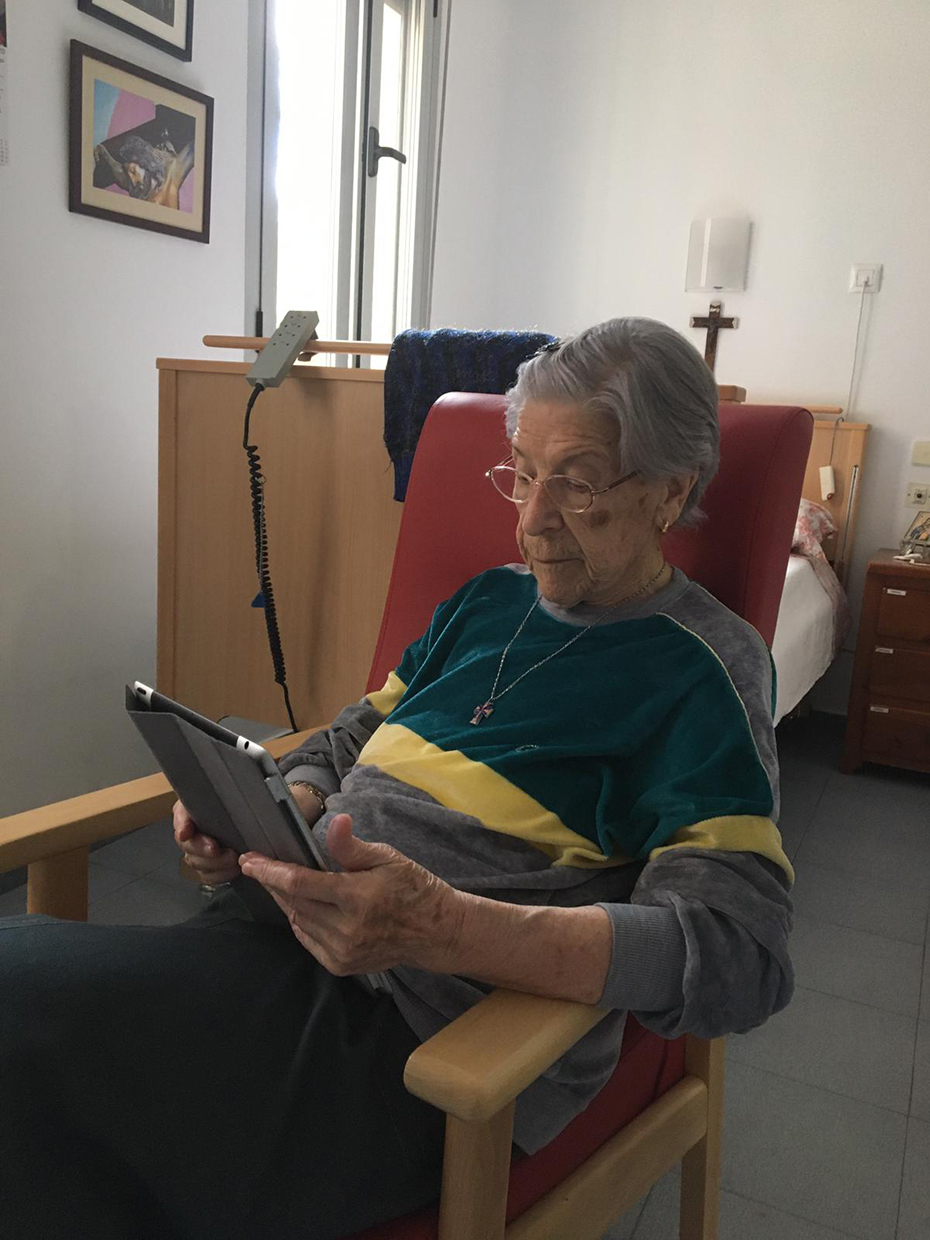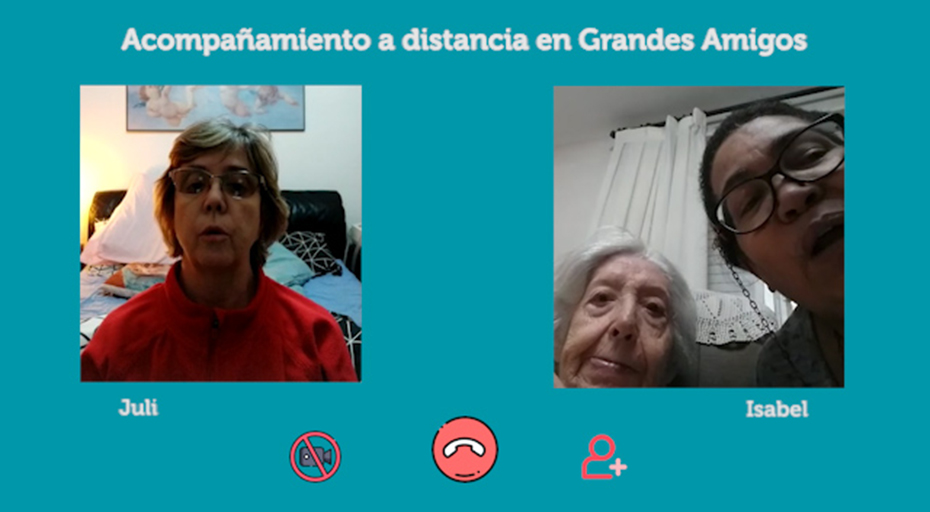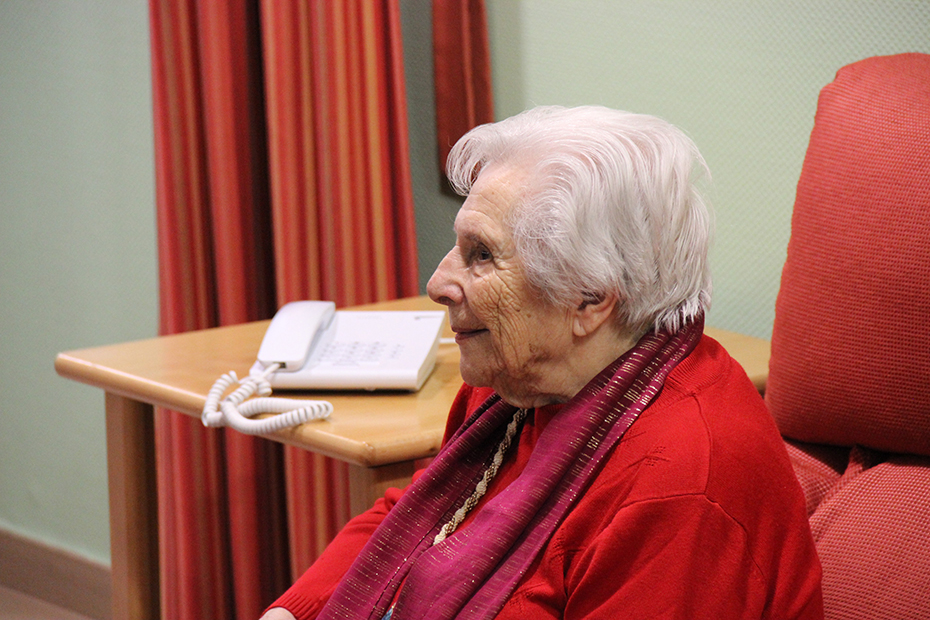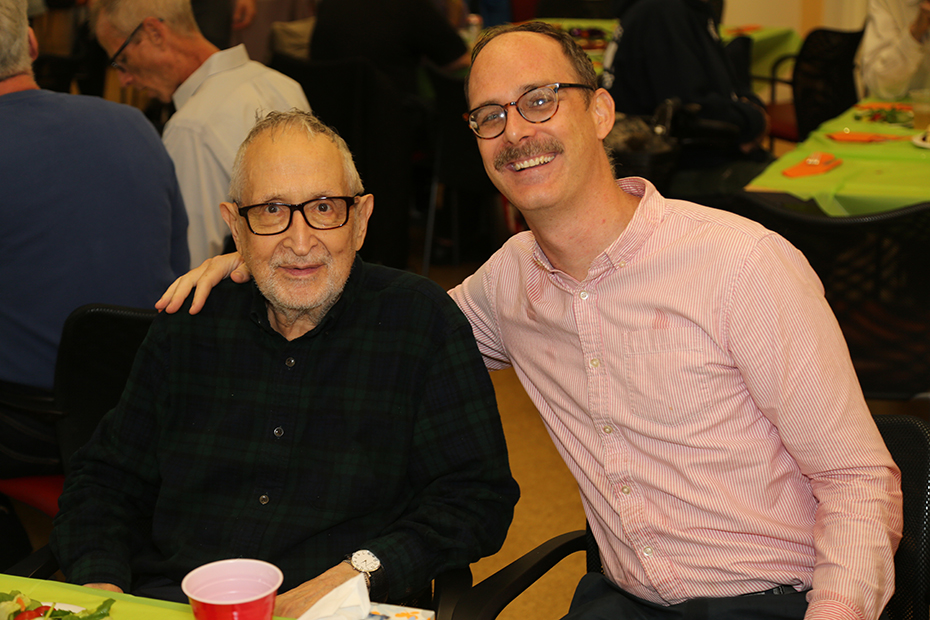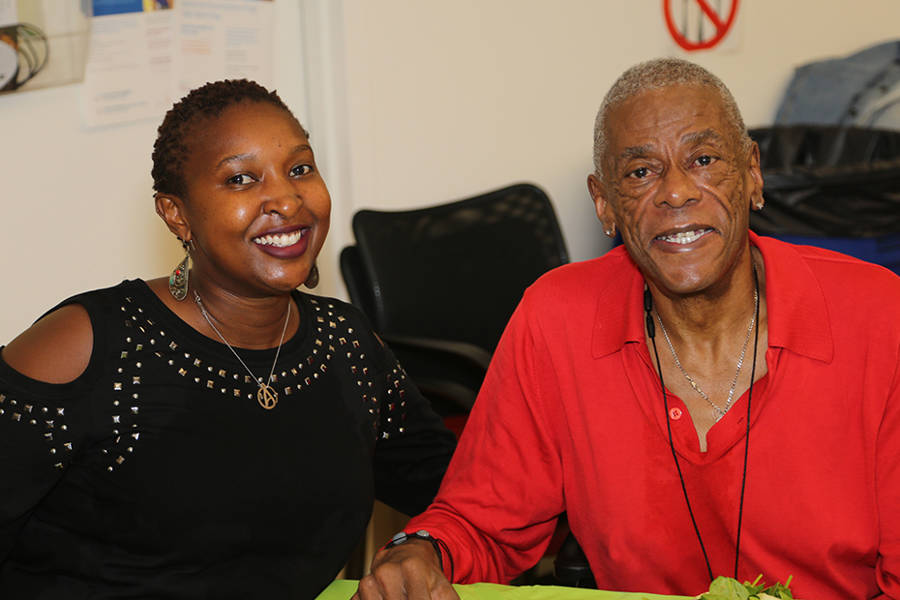
Weaving Ιntergenerational Τies for Stronger Social Fabric
According to sociologist Eric Klinenberg, the vastly different outcomes in these two neighborhoods stemmed from differences in social connectedness. Social connections between neighbors and across generations can provide a buffer that protects vulnerable members of the community from the most severe effects of crisis. Klinenberg, a professor at New York University who will be joining the discussion at this month’s SNF Conference, thinks this same type of intergenerational social solidarity is necessary in confronting the pandemic.
Grants from the Stavros Niarchos Foundation (SNF) seek to help protect one of the populations most vulnerable to COVID-19, older people, by forging bonds of mutual care between generations. These grants do not approach making connections with older folks as charitable work for beneficiaries, but rather as a mutual effort that enriches society as a whole. Benefits from the relationships formed flow in both directions and outward into the community, in normal times as much as during the pandemic.
In Spain, where COVID-19 has exacted a heartbreaking toll on the elderly, SNF provided support to Grandes Amigos, as part of it $100 million global pandemic relief initiative, to help nearly a thousand seniors living at home and in 44 residences develop lasting connections with more than a thousand volunteers. Ordinarily, participants get together to socialize one-on-one or in small groups, but given the need for physical distancing, they are now connecting by phone or using tablets. Grandes Amigos works from the philosophy that being able to see beyond societal labels to form genuine human connections while moving toward a realistic, dignified view of aging benefits all of us—young and old alike.
SAGE advocates to make the experience of aging better for LGBT people across the United States while running five senior centers around New York City, and SNF provided recent support for its Friendly Visitor Program. According to SAGE, LGBT older people are twice as likely as others to live alone and three to four times as likely to not have children. The Friendly Visitor Program helps knit these adults into a community of interaction and care, one that extends beyond the participants in the program. One “friendly visitor,” a middle school teacher, asked his students to make cards and write letters to seniors in the program. Since the onset of the pandemic, the program has moved from weekly in-person visits to phone conversations that take place every other day.
Grandes Amigos and SAGE set an example for the mutually supportive intergenerational relationships we can from in our own communities to achieve the sort of social solidarity Eric Klinenberg envisions—social solidarity that can save lives.
